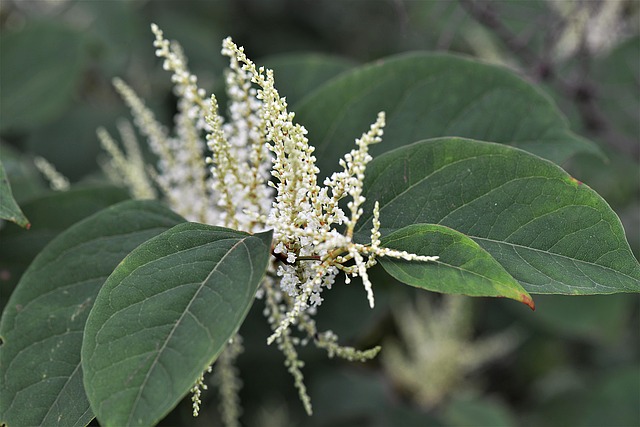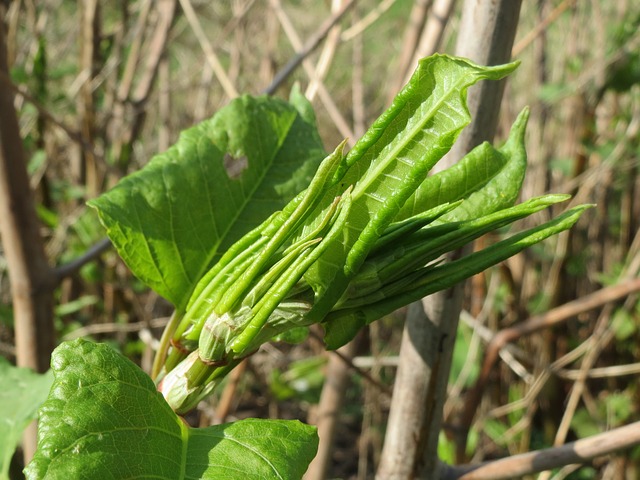
Japanese knotweed frequently causes house sales to fall through. This problematic plant tends to make mortgage providers very nervous indeed, and it's common for lenders to pull out when a surveyor discovers Fallopia japonica within (or near) the property's boundaries.
Can I Get a Mortgage on a Property with Japanese Knotweed?
A customer of ours in Caerphilly recently experienced this first hand. Paul Flynn thought he had found a buyer for his property, but his good mood was spoiled when the other party's surveyor reported that there was Japanese knotweed within a few metres of the house. The lender warned that, unless Mr Flynn sought a comprehensive treatment plan (complete with an insurance-backed guarantee), the transaction would not go ahead.
More...

Time is running out for buyers in England and Northern Ireland to complete their purchases before the stamp duty holiday ends on 31 March 2021. Any deals concluded after that deadline will be subject to the lower threshold for Stamp Duty Land Tax; at present, buyers only pay SDLT on properties worth £500,000 or more, but at the end of March, the tax will apply to residential properties worth £125,000 or more.
More...

We've all heard of people who talk to their plants because they believe it will help them to grow, but now - thanks to a group of scientists in the USA - the plants may be able to talk back.
Engineers at the Massachusetts Institute of Technology (MIT) have created a system that uses spinach plants to detect explosive materials such as landmines. When these nanotechnology-enhanced plants notice a specific compound in the groundwater, the carbon nanotubes in the spinach leaves transmit a signal that is picked up by an infrared camera, which in turn sends an email alert to the scientists.
More...
Because Japanese knotweed is such a big problem here in the UK, there are strict laws in place to limit the spread of this invasive plant species. But what exactly are these laws, and when were they introduced?

Image source: Wikimedia Commons (under licence CC 3.0)
More...

Every living thing known to man has a Latin name that should be used when referring to that species in a formal scientific context. For example, human beings are Homo sapiens, polar bears are Ursus maritimus, and the common sunflower is Helianthus annuus.
In theory, these scientific names are internationally recognised - what you call a 'dog' is called a 'chien' in France and a 'koira' in Finland, but biologists in all three countries should understand what Canis lupus familiaris means.
So what is the proper name for Japanese knotweed? Read a few articles online, and you may notice that different sources use different Latin names when referring to this pesky plant - Fallopia japonica and Reynoutria japonica are the most common, but Polygonum cuspidatum and various other monikers pop up from time to time as well.
More...
